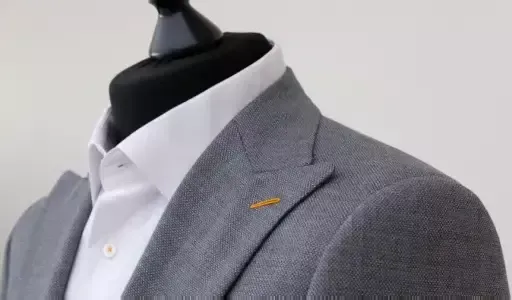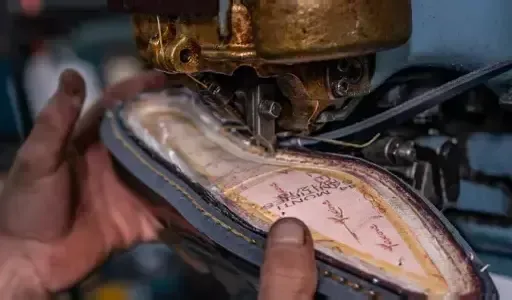404. Sorry, this page doesn't exist
Oh no! It looks like you're lost. Why not head back to the homepage using the button below.
Locations
Harris & Howard Bespoke
8 George Street
Alderley Edge
SK9 7EJ
01625 322240
Harris & Howard Bespoke
1 Gloucester House
The Square
Chester
CH1 3AS
01244 630130
Services
Online Shop
Info
Explore
© 2026 Harris and Howard Bespoke | Terms of Use | Privacy | Cookies



